国际学生入学条件
To be considered for admission, you must have completed or are in the process of completing secondary school with a cumulative or overall grade point average (GPA) that is comparable to a US grade of B (3.00 on a 4.00 scale) or higher. The Admissions Committee will also be looking at the grades/marks you have received for Mathematics and Science courses.
All official transcripts, examination certifications (e.g., General Certificate of Education) and other documents showing all high school and any completed post-secondary work must be submitted to the Office of Admissions. All official transcripts must be mailed directly by the institution or Ministry of Education to the Office of Admissions. Documents mailed or hand carried by you or anyone else will not be accepted as official or used for admission consideration.
Secondary school transcripts must include a list of courses taken and grades/internal marks received each year, class rank for the last four years of secondary school, and an explanation of the school's grading system. If transcripts with annual internal marks are unavailable directly from the school, you may photocopy your mark sheets or grade reports and have them certified by a school official who verifies that a transcript is otherwise not available.
IELTS (Academic Test) - 7.0
TOEFL (iBT)- 100
TOEFL (PBT)- 600
展开
IDP—雅思考试联合主办方

雅思考试总分
7.0
- 雅思总分:7
- 托福网考总分:100
- 托福笔试总分:600
- 其他语言考试:Duolingo - 125
CRICOS代码:
申请截止日期: 请与IDP联系 以获取详细信息。
课程简介
Learn the sciences that will shape a sustainable greener world. Students in our undergraduate program master the knowledge, skills and technologies that will feed, house, design and fuel the future, including plant breeding and genetics, plant disease and pest management, plant/soil interactions, and agribusiness management. Our curriculum prepares you to contribute in careers that improve, food systems the environment, towns and cities, quality of life. As world population increases, we face growing demand for food and the potential for greater food shortages. To keep pace, world food production must increase by at least 60 percent in the next 25 years, while adverse environmental impacts must be minimized to make food production safe, reliable and sustainable. At the same time, our societies are increasingly urban. Livable green cities require sustainable landscape design and maintenance, coupled with sustainable food production and distribution systems. There is already a shortage of trained professionals who can innovate to solve problems of world food supply. Science is crucial to meeting these future challenges, and diverse career paths are open in plant and soil sciences in the field, the lab, the office, or all three.
展开







 预科
预科 奖学金
奖学金 实习机会
实习机会 在校学习
在校学习 跨境学习
跨境学习 校园授课-线上开始
校园授课-线上开始 在线/远程学习
在线/远程学习


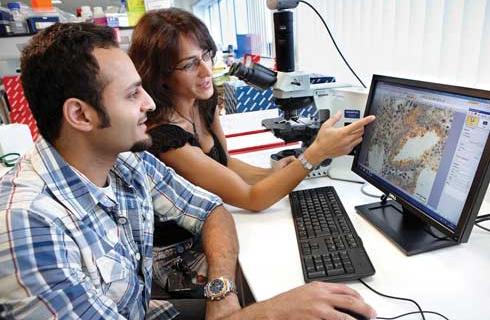









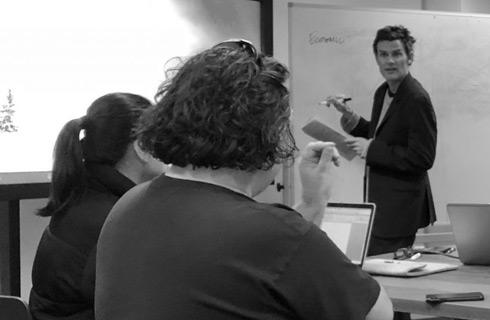
 特伦特大学
特伦特大学
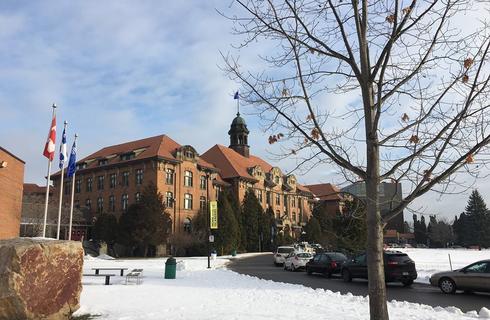
 圭尔夫大学
圭尔夫大学
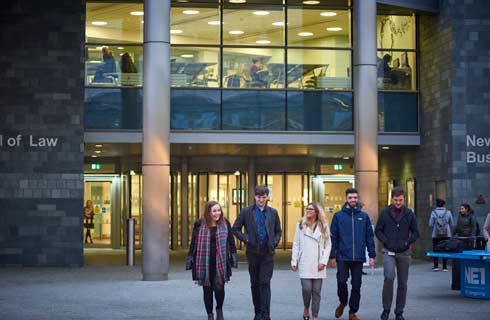
 新斯科舍社区学院
新斯科舍社区学院

 特伦特大学
特伦特大学

 特伦特大学
特伦特大学
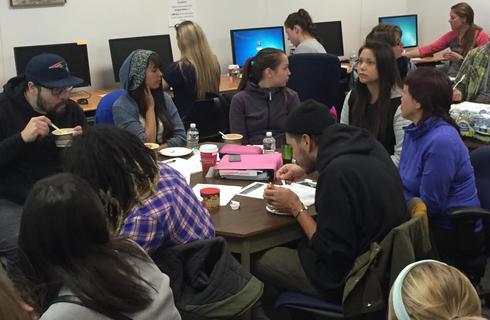
 皇家理工学院
皇家理工学院









 美国
美国
